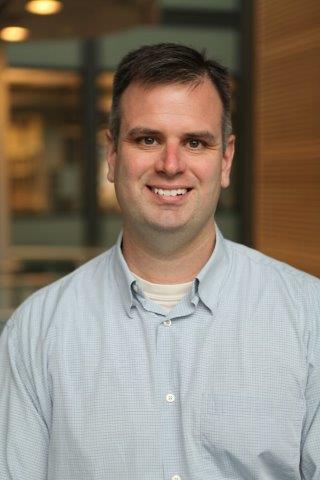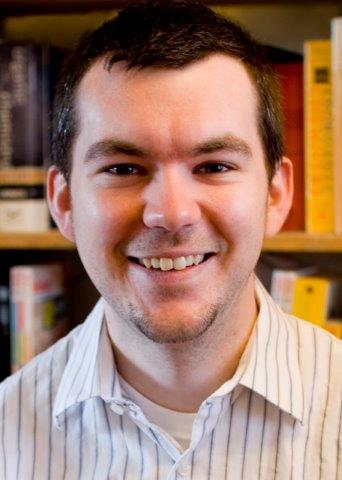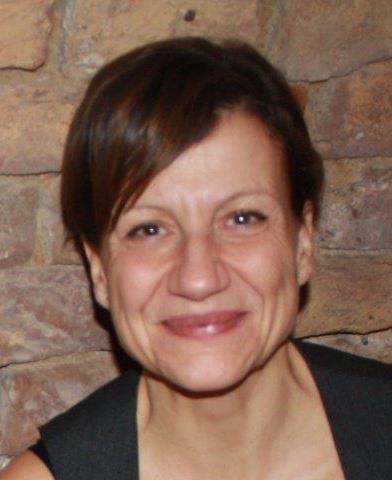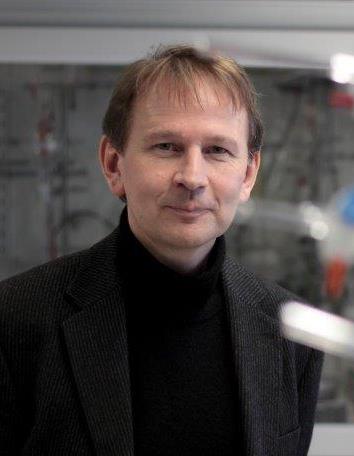FOR IMMEDIATE RELEASE | December 18, 2014
ACS GCI Pharmaceutical Roundtable awards $200,000 to advance greener pharmaceutical science
WASHINGTON, Dec. 18, 2014—Four professors have received grants to pursue green chemistry research that could lead to significant environmental benefits and have immediate application within the pharmaceutical industry.
Princeton Professor Paul Chirik, Ph.D., who received $100,000, and Professor Daniel Weix, Ph.D., of Rochester University, who received $50,000, are both researching non-precious metal catalysis. Meanwhile, research partners Professor Matthias Beller, Ph.D., of Leibniz Institute for Catalysis at the University of Rostock in Germany and Professor Elisabetta Alberico, Ph.D., of the Institute of Biomolecular Chemistry in Italy won $50,000 to research greener reduction of amides.
The grants were issued by the American Chemical Society Green Chemistry Institute (ACS GCI) Pharmaceutical Roundtable after a competitive selection.
“The opportunity to engage with industrial researchers brings an infusion of new problems for us to tackle and new perspectives for solving old challenges in our work,” Weix says.
And according to Chirik, “The benefits of an academic-industry collaboration are unparalleled and truly synergistic.” He says exposure to real industrial problems from the start is one of the most important benefits to academics and useful in establishing the forefront of the chemistry. Meanwhile, universities offer access to the best bright young minds in the field and can provide industry with a unique perspective to long-standing problems.
Catalysis is an important method in chemistry. It increases reaction rates and reduces the energy required for a reaction to take place. However, many catalytic reactions currently use precious metals such as platinum that are expensive, of limited supply, and pose certain human toxicity concerns.
“Preparing catalysts from earth-abundant elements such as iron offers a possibility to resolve these issues,” Chirik says. “More importantly, iron chemistry by virtue of its unique electronic structures often offers new chemistry that was previously unknown or unavailable with established precious metal technology.”
Weix is working on developing catalysts from the more common metal, nickel. Synthesis methods, he says, usually rely upon difficult to handle starting materials and solvents that are not environmentally friendly. Says Weix, “Our work, when realized, will result in reactions that avoid both of these challenges.”
“The proposed work by Chirik and Weix provides an exciting opportunity to address these issues by better understanding the mechanism of key catalytic coupling reactions when using non-precious metals for carbon-carbon and carbon-nitrogen bond formation among others,” says Juan Colberg, Ph.D., ACS GCI Pharmaceutical Roundtable co-chair and senior director at Pfizer,
Discovering processes that are less wasteful and safer are also of special interest to the pharmaceutical industry. For instance, amide reduction is one of several key chemical transformations used to synthesize pharmaceuticals that has many drawbacks. These include poor efficiency, the generation of large quantities of waste and hazardous laboratory conditions. To improve these conditions, Bellar and Alberico will focus on a cost-effective, highly atom-economical procedure where water is the only by-product.
“The ACS GCI Pharmaceutical Roundtable is delighted to support Beller and Alberico’s efforts and will continue to support transformative science that has the potential to deliver a future of sustainability in the pharmaceutical industry,” says John Tucker, ACS GCI Pharmaceutical Roundtable co-chair and senior scientist at Amgen.
Since 2005, the ACS GCI Pharmaceutical Roundtable has given $1.7 million dollars in research grants to advance the sustainability profile of pharmaceutical processes using green chemistry techniques.
The ACS GCI Pharmaceutical Roundtable brings global industry leaders together to catalyze the beneficial implementation of green chemistry and engineering. Current members include Amgen, AstraZeneca, Boehringer-Ingelheim Pharmaceuticals, Inc., Bristol-Myers Squibb, Cubist Pharmaceuticals, Codexis, Dr. Reddy’s Laboratories Ltd., Eli Lilly and Company, F. Hoffman-La Roche Ltd., GlaxoSmithKline, Johnson & Johnson, Merck & Co., Inc., Novartis, Pfizer Inc., Sanofi and ACS GCI.
###
The ACS Green Chemistry Institute® is an impartial, scientific convener promoting the implementation of green chemistry and engineering across the global chemical enterprise. The Institute empowers people to reimagine chemistry and engineering for a sustainable future by offering educational resources, training and development opportunities for students, educators and researchers, and by convening industrial roundtables to promote industry collaboration around green chemistry issues. A part of the American Chemical Society, the Institute holds an annual Green Chemistry & Engineering Conference (gcande.org), the longest running conference on green chemistry in the country.
The American Chemical Society is a nonprofit organization chartered by the U.S. Congress. With more than 161,000 members, ACS is the world’s largest scientific society and a global leader in providing access to chemistry-related research through its multiple databases, peer-reviewed journals and scientific conferences. Its main offices are in Washington, D.C., and Columbus, Ohio.
To automatically receive news releases from the American Chemical Society, contact newsroom@acs.org.
Media Contact
Christiana Briddell
202-430-2037
c_briddell@acs.org





